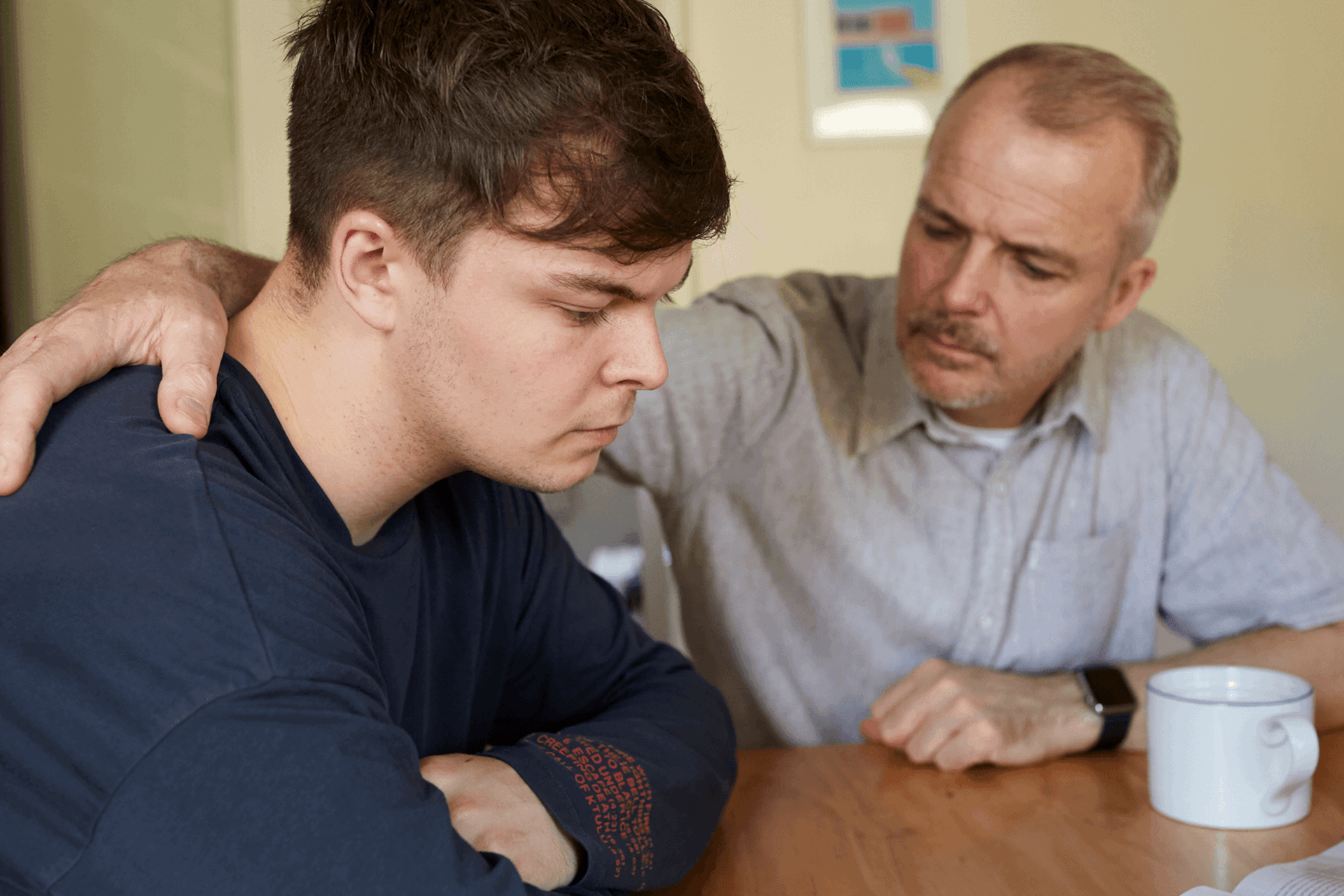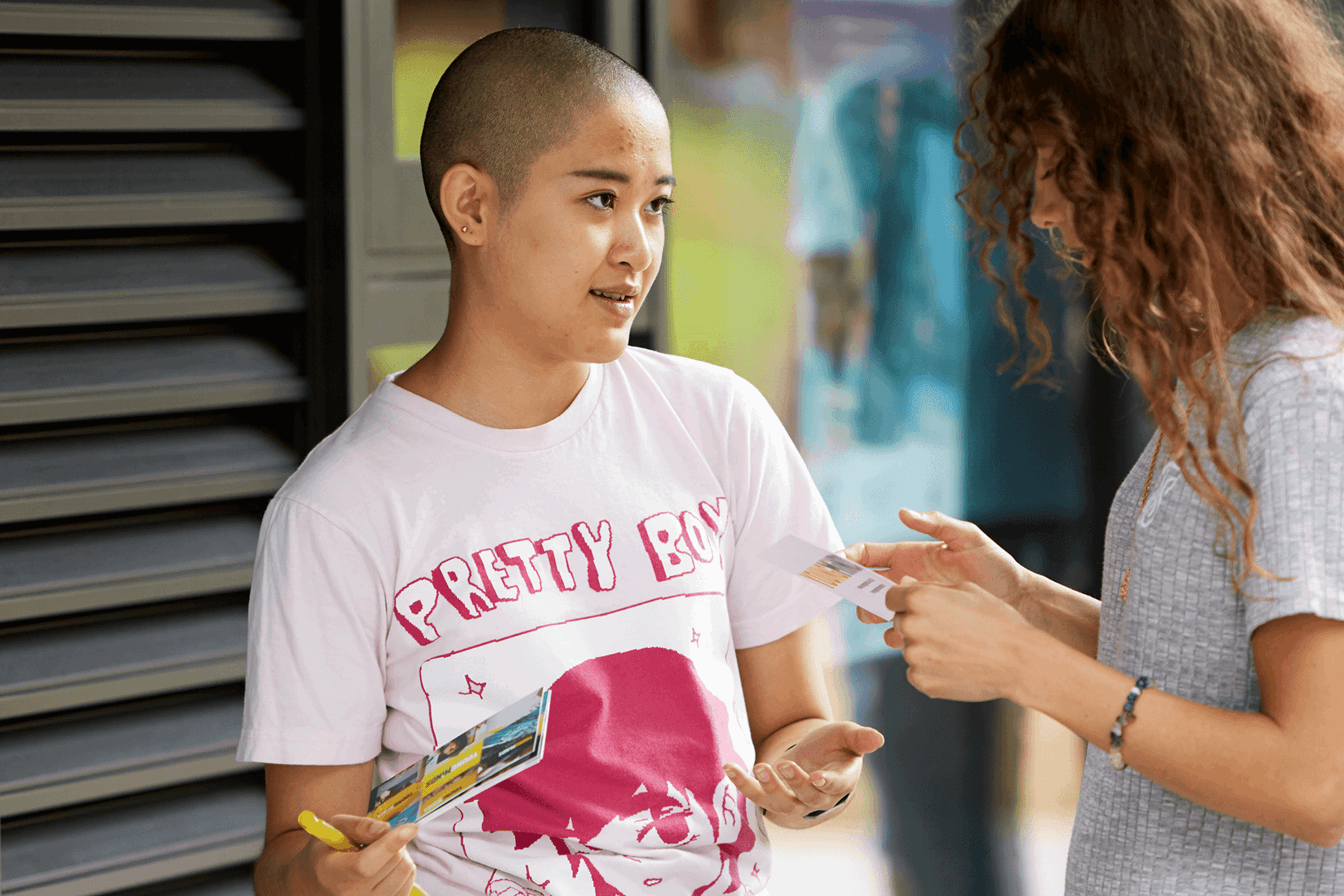Topics mentioned: medication
Author: Guest blogger
About: Do you want to know what it can be like to take lithium? Here’s one experience from our guest blogger.
Everybody responds to medication differently. This blog only represents the author's experience. For more information, have a look at our medication pages. For medical advice, always speak to your doctor.
I began to realise I needed a little extra support.
It’s like living in a goldfish bowl. You can see everything, you can hear everything and everyone can see and hear you, but there’s a difference. You suddenly don’t feel as much. The highs and lows seem to even out, the world isn’t quite so scary. You have protection, a barrier.
I never wanted to rely on medication; there was a certain pride in the idea that I could ‘do it myself’. But as my mood began to swing more rapidly and my life crumbled a bit more and a bit more, I began to realise I needed a little extra support. And that actually stubborn mindedness may not really be the solution right now.
My mood, which was swinging rather violently at the time, became more manageable.
After trying several types and combinations of medications, I ended up being placed on lithium, an interesting drug that I never really appreciated until after I stopped taking it. Looking back, I can’t deny that over a period of time, the most stable I became was when taking that particular medication.
My mood, which was swinging rather violently at the time, became more manageable, and the scarily fast pace of life I seemed to be living, did appear to slow down. As far as I was aware, I felt ‘normal’ and it was only when I stopped taking it that I realise I was beginning to ‘feel’ again, and my emotions swept back with a familiar intensity.
I realised I didn’t want protecting from my emotions all the time.
Medication, or Lithium in particular, certainly didn’t cure me. It gave me stability. It gave me the experience of not feeling intense pain, or exuberant joy. At the time I was grateful, because it can be exhausting living life on the edge, but in the long term and having had time off it, I realised that I missed these feelings.
I wasn’t bothered by the monthly blood test, or the side effects that I found when googling it. But I realised I didn’t want protecting from my emotions all the time. Instead I wanted to build my own protection – which is something I probably would not have realised if I had not stopped taking lithium.
My long-term solution came from learning to manage my feelings.
I’ve used medication since, as an opportunity to rest and have a break, but my long-term solution came from learning to manage my feelings and deal with my reactions to situations and emotions.
On my journey out of a very black hole, medication - including and particularly lithium - has provided some much-needed assistance. But in the longer term, it is other treatments and factors which have helped me not to slip back down.
Questions about mental health medication?
If you would like to know more about the different types of mental health medication you could be prescribed, how they help and what the side effects could be, have a look at our guide to medications.
Where to get help
-
Shout
Text SHOUT to 85258.
Shout provides free, 24/7 text support for young people across the UK experiencing a mental health crisis.
All texts are answered by trained volunteers, with support from experienced clinical supervisors.
Texts are free from EE, O2, Vodafone, 3, Virgin Mobile, BT Mobile, GiffGaff, Tesco Mobile and Telecom Plus.
Texts can be anonymous, but if the volunteer believes you are at immediate risk of harm, they may share your details with people who can provide support.
- Opening times:
- 24/7
-
Childline
If you’re under 19 you can confidentially call, chat online or email about any problem big or small.
Sign up for a free Childline locker (real name or email address not needed) to use their free 1-2-1 counsellor chat and email support service.
Can provide a BSL interpreter if you are deaf or hearing-impaired.
Hosts online message boards where you can share your experiences, have fun and get support from other young people in similar situations.
- Opening times:
- 24/7






